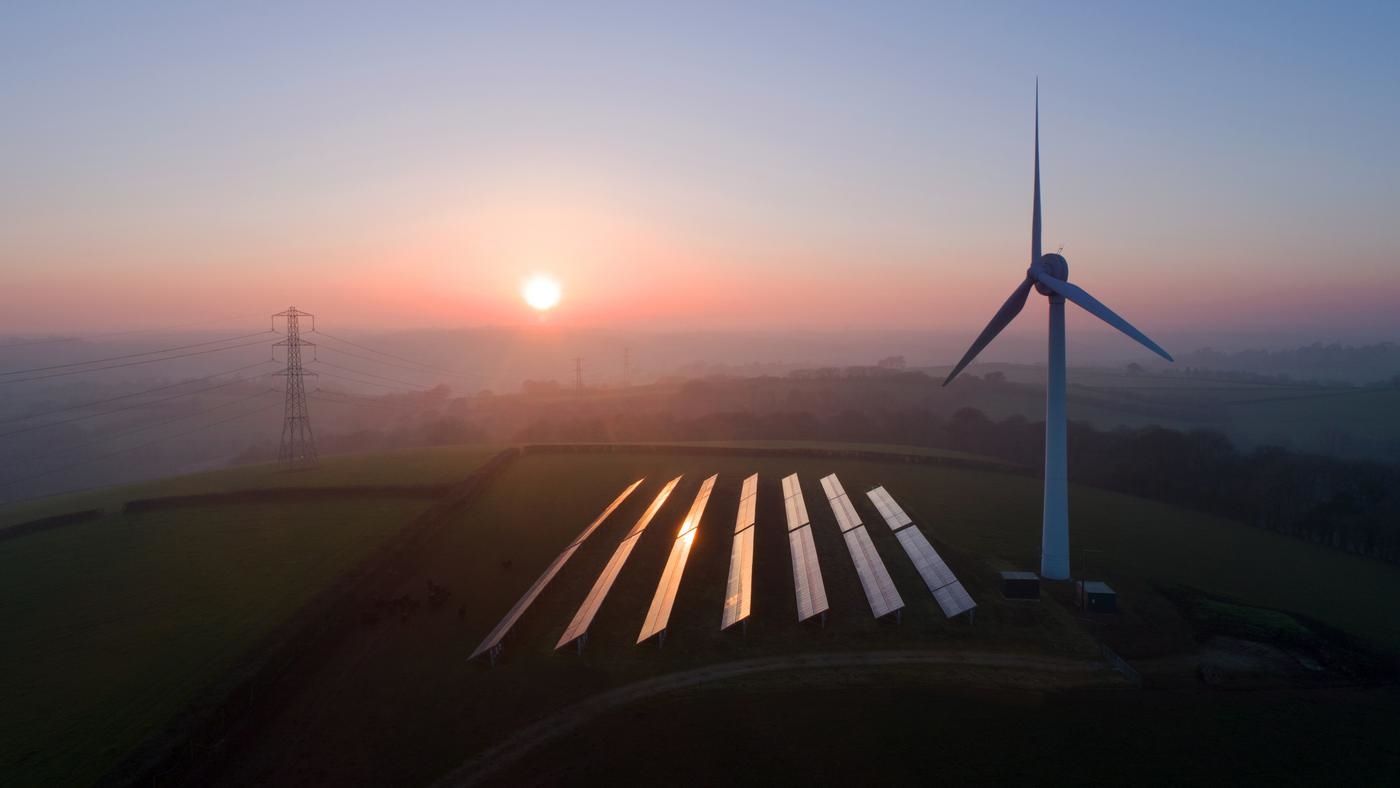Get in touch
-
Mark Thomtonmark.thomton@woodmac.com
+1 630 881 6885 -
Hla Myat Monhla.myatmon@woodmac.com
+65 8533 8860 -
Chris Bobachris.boba@woodmac.com
+44 7408 841129 -
BIG PartnershipWoodMac@BigPartnership.co.uk
UK-based PR agency
European olefins production could recover in 2020 despite coronavirus
1 minute read
Europe saw a 20-year low in olefins production in 2019. Despite the coronavirus hitting demand, 2020 could show a recovery in production.
This is primarily due to lighter turnaround schedules and competitive naphtha prices making Europe’s steam cracker fleet more competitive.
Lost European ethylene capacity due to outage activity is currently set to total around 1 Mt in 2020, according to new research from Wood Mackenzie. Compare this to 2019, when 2.3 Mt of ethylene capacity was lost in Europe due to outages. Increased capacity availability may mitigate the impact of the coronavirus on the industry’s olefins production.
"This could change if the coronavirus prolongs planned turnaround activity or halts steam cracker operations. However, with the continued operation of petrochemical facilities a stated priority for some of the worst-hit countries, including Spain and Italy, this is not currently a likely near-term threat," said Laurie Baxter, Wood Mackenzie Research Analyst.
Lockdown conditions have decimated demand for transportation fuels, sending the price of naphtha tumbling and refiners cutting rates to manage supply.
With the new-found competitiveness of naphtha versus LPG, naphtha will see an increased use in steam cracking. This will result in an increase in olefins co-product production.
“The fall in the price of oil-linked feedstocks, such as naphtha relative to LPG/ethane, has flattened the global ethylene cash cost curve. The key impact of this change on European olefins producers is an improved cash cost position and a reduced cash cost advantage for traditionally low-cost players in North America and the Middle East.
“This increases the ability of European producers to export and closes the arbitrage for imports, both of which serve to increase domestic European production.
“Looking at Europe’s net olefins trade position, will 2020 see a return to 2018’s strong net-exporting position? While previously unrealistic, this position could now be driven by healthy ethylene exports from Europe’s lowered cash cost position and reduced propylene imports. More naphtha cracking will help to balance Europe’s propylene supply gap,” added Baxter.
One major caveat to Wood Mackenzie’s research is the potential damage the coronavirus could have on the economy and, as a result, end-user demand for olefins.
“Polyolefins, the major demand drivers of ethylene and propylene, depend heavily on consumer goods demand and are therefore closely tied to GDP growth.
“In our best-case scenario, over 2 Mt of global ethylene demand will be destroyed. Our worst-case scenario sees 12 Mt of global demand destroyed. Regardless of the extent, the expected reduction in global GDP and GDP growth rates will certainly reduce olefins demand through polyolefins.
“Our research points to some areas of optimism for European olefins producers, particularly their newly found lowered cash cost positions. However, like anywhere else globally, these olefins will only be produced if they can be consumed – and the pandemic’s impact on the economy and polymer demand will have the last say here,” said Baxter.





